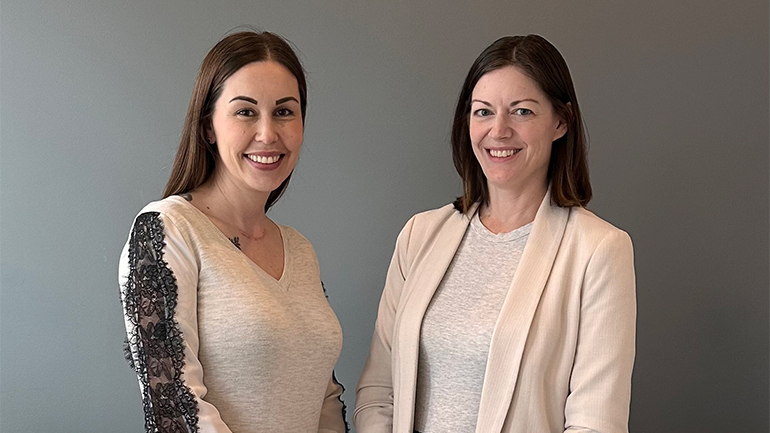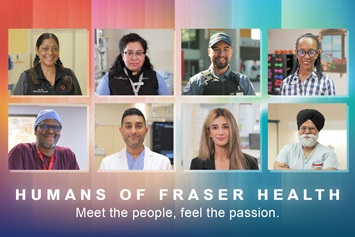
Charlene and Anja, registered nurses in practice, share how their work has helped normalize advance care planning conversations with their families and contributed to their own planning.
Charlene and Anja, registered nurses in practice in South Coquitlam, help patients understand and plan for their future health care needs, a process called advance care planning. They guide patients—from discovering their values and sources of joy to understanding life-support treatments and identifying decision-makers.
Charlene recalls supporting a young patient facing a sudden cancer diagnosis. The urgency of advance care planning hit home, “You never think it’ll happen to you until it does,” says Charlene.
Charlene and Anja have seen the need for advance care planning in diverse circumstances. From older patients to younger ones with chronic conditions, and even cases involving unexpected accidents, advance care planning applies universally. "Uncertainty doesn't discriminate," says Anja.
Their advocacy extends beyond a clinical duty—it’s a personal commitment. Charlene engages her younger relatives, "Initially, they didn’t see the urgency," she says. “People—especially those who are healthy—are generally hesitant to discuss advance care planning. But with more explanation, the importance became clearer to them."
However, not all conversations are straightforward.
Charlene has talked about advance care planning multiple times with her best friend, who lives with a rare, fatal muscle disease. This disease, which has only ten recorded cases worldwide, has impacted her family significantly, affecting four members.
"She changes the topic every time. There may be some fear that acknowledging it might make it more real," Charlene reflects. "But talking about it won’t make death happen quicker; it's about having your wishes heard."
Another common misunderstanding is that a power of attorney can make health care decisions. In BC, power of attorney is for financial and legal matters, not health care.
Anja notes that advance care plans are flexible and need to be updated yearly.
“Whenever I want to update my advance care plan or refresh my knowledge, I refer to My Voice in Action workbook,” says Charlene.


